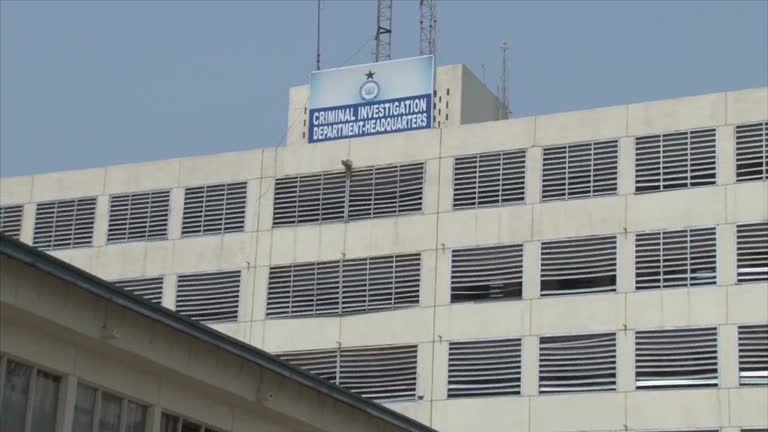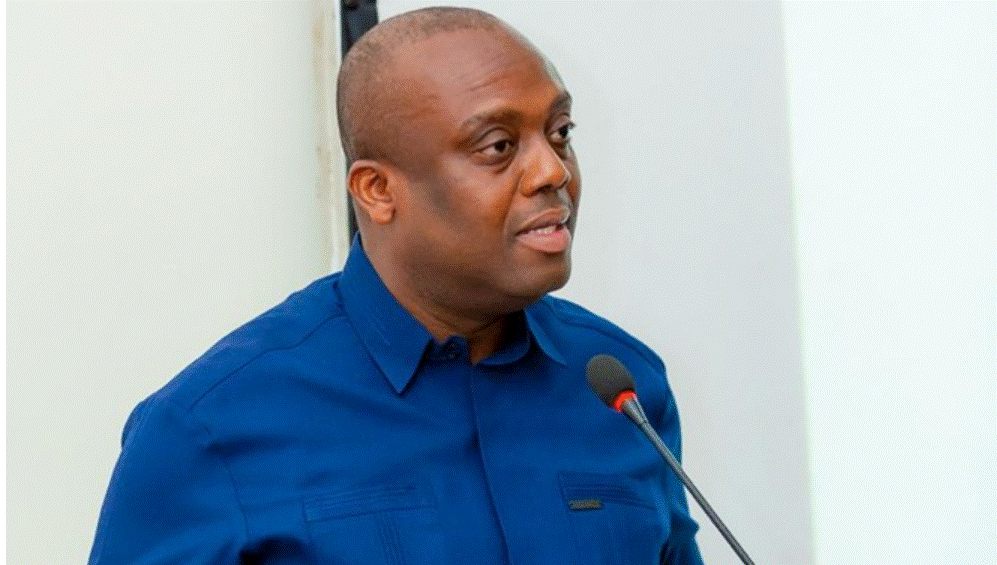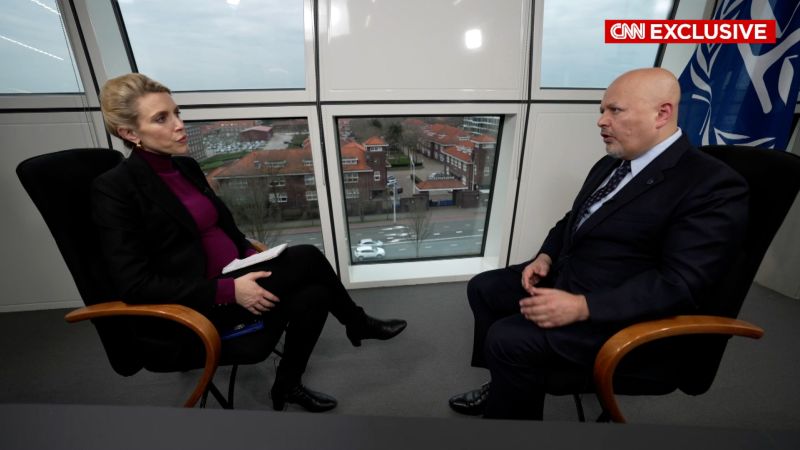Good morning. There are few institutions in the UK as loved and respected as the NHS. This is much discussed. But far less attention is given to a more unpalatable truth, which is that by international standards, the NHS is rather mediocre. It scores very well on equity (because it is funded by general taxation, and free at the point of use), but in terms of keeping people alive, it is “more of a laggard than a leader” on many measures, according to a report today from the King’s Fund, a health thinktank.
The King’s Fund has compared health systems in 19 wealthy countries. Here is an extract from its summary.
The UK has below-average health spending per person compared to peer countries. Health spending as a share of GDP (gross domestic product) was just below average in 2019 but rose to just above average in 2020 (the first year of the Covid-19 pandemic, which of course had a significant impact on the UK’s economic performance and spending on health services). The UK lags behind other countries in its capital investment, and has substantially fewer key physical resources than many of its peers, including CT and MRI scanners and hospital beds. The UK has strikingly low levels of key clinical staff, including doctors and nurses, and is heavily reliant on foreign-trained staff. Remuneration for some clinical staff groups also appears to be less competitive in the UK than in peer countries …
People in the UK receive relatively good protection from some of the catastrophic costs of falling ill. Relatively few core NHS services are charged for and certain population groups are exempt from charges. But financial protection is weaker for some services, such as dental care, and there is growing concern that people in the UK may be forced to choose between funding their own care or enduring longer waits for treatment.
But the UK performs noticeably less well than its peers – and is more of a laggard than a leader – on many important measures of health status and health care outcomes. These include health outcomes that can be heavily affected by the actions of a health system (such as surviving cancer and treatable mortality), and outcomes such as life expectancy, which are significantly affected by factors beyond the direct control of any health system.
Here is the full 120-page report. And here is my colleague Denis Campbell’s write-up.
Rishi Sunak is doing a health-related visit today and he is likely to be asked about these findings. He is publicising a new lung cancer screening programme for England, targeted at people aged 55 to 74 with a history of smoking, and in a statement released overnight he admits the NHS faces “long-term challenges”. He says:
We approach the 75th anniversary of the foundation of the NHS, I want to ensure that it continues to thrive for the next 75 years and beyond.
And while we focus on cutting waiting lists in the short term, we must also look to tackle some of the long-term challenges facing the NHS, including lung cancer which costs 35,000 lives every year. Rolling out screening to high-risk 55-74 year olds will save lives by detecting up to 9,000 lung cancers a year at an early stage.
Here is the agenda for the day.
11.30am: Downing Street holds a lobby briefing.
2pm: Dame Jenny Harries, chief executive of the UK Health Security Agency, gives evidence to the Covid inquiry.
2.45pm: Keir Starmer speaks at the India Global Forum.
After 3.30pm: MPs consider Lords amendments to the national security bill.
3.20pm: Peers consider Commons amendments to the retained EU law (revocation and reform) bill. It is the third time the bill has been sent back to the Lords, following its normal passage through both houses, because MPs and peers can’t agree on key issues.
And Rishi Sunak is on a health-related visit in Nottingham today.
If you want to contact me, do try the “send us a message” feature. You’ll see it just below the byline – on the left of the screen, if you are reading on a PC or a laptop. This is for people who want to message me directly. I find it very useful when people message to point out errors (even typos – no mistake is too small to correct). Often I find your questions very interesting too. I can’t promise to reply to them all, but I will try to reply to as many as I can, either in the comments below the line, privately (if you leave an email address and that seems more appropriate), or in the main blog, if I think it is a topic of wide interest.









 English (US)
English (US)